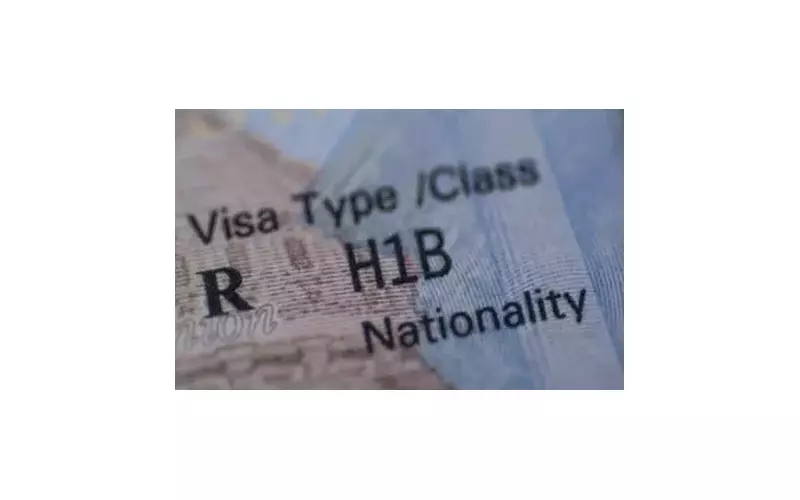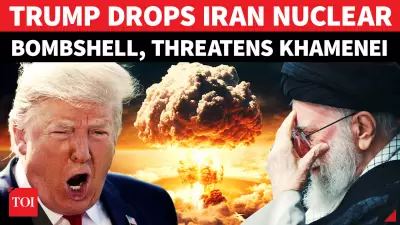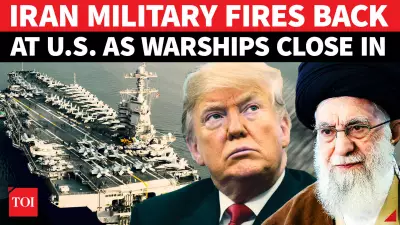
The United States Congress has presented a comprehensive wish list of H-1B visa reforms that could significantly impact Indian professionals if implemented under a potential Trump administration. These proposed changes represent the most substantial overhaul of the visa system in decades.
The Core Proposals: What's on the Table?
Lawmakers have outlined several key reforms that could reshape the landscape for Indian tech talent seeking opportunities in America:
- Country Cap Elimination: Potentially ending the 7% per-country cap on employment-based green cards, which would particularly benefit Indian nationals facing decades-long backlogs
- Fee Increases: Substantial hikes in H-1B application fees, making the process more expensive for both employers and employees
- Priority for US Graduates: Preference for foreign students who completed advanced degrees in American universities
- Wage Requirements: Higher minimum salary thresholds to ensure H-1B workers aren't used to undercut American wages
Impact on Indian Professionals: The Double-Edged Sword
For the Indian tech community, these reforms present both opportunities and challenges. The green card cap removal could be transformative for thousands of Indian professionals stuck in permanent residency limbo, some waiting 20+ years for their applications to process.
However, the increased costs and stricter requirements might make companies more hesitant to sponsor H-1B visas, potentially reducing opportunities for new applicants. The emphasis on US graduates could also disadvantage talented professionals currently working in India who wish to relocate.
The Trump Factor: What History Tells Us
During his previous term, President Trump implemented several H-1B restrictions through executive orders, making the visa process more stringent and increasing denial rates. A potential second term could see these congressional proposals gain momentum, combined with additional administrative actions.
"The combination of legislative changes and potential executive actions could create the most challenging environment for H-1B applicants in recent memory," explains immigration expert Priya Sharma.
Looking Ahead: Strategic Considerations
Indian professionals and companies dependent on H-1B talent should consider:
- Diversifying global mobility strategies beyond the US market
- Exploring L-1 visas for intra-company transfers as an alternative
- Accelerating green card applications where possible
- Considering opportunities in other countries with more welcoming immigration policies
The final shape of these reforms will depend on political dynamics in Washington, but the direction is clear: the H-1B program is headed for significant changes that will redefine the American dream for Indian tech professionals.






